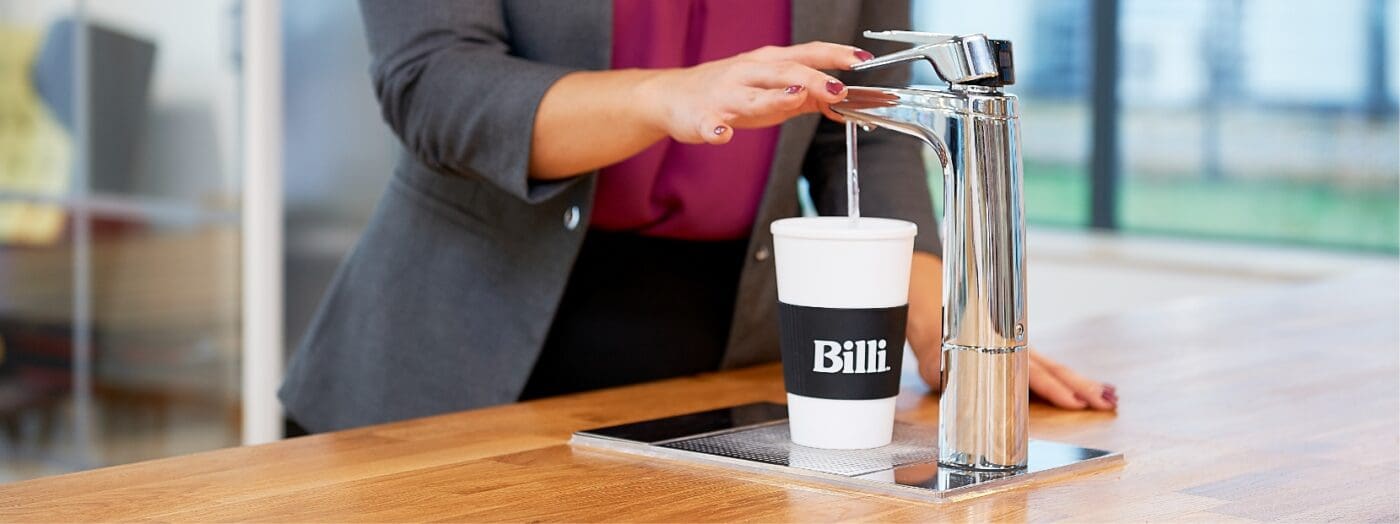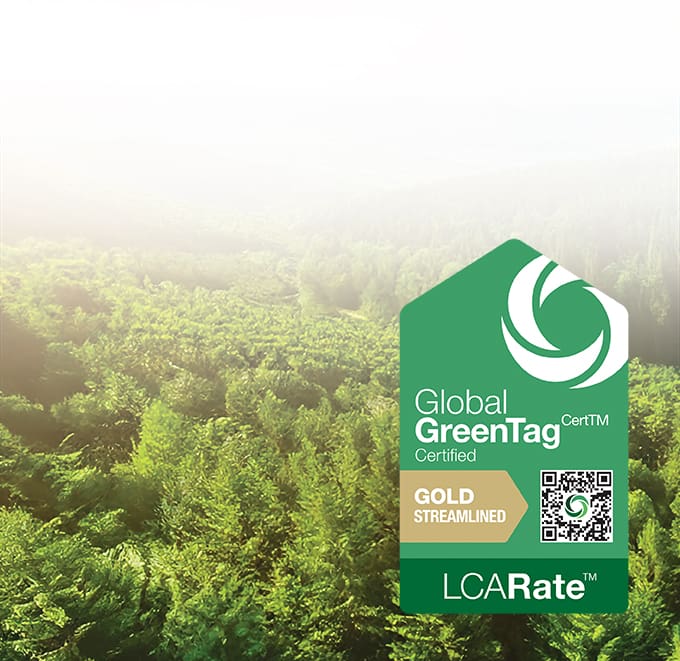Newest
Popular
Products
Billi Media
Are Boiling Water Taps Environmentally-Friendly?
In kitchens across the UK, kettles are a staple. Every day, millions of people fill and boil kettles, often using more water and energy than they need. For those interested in reducing their environmental impact and energy costs, it’s worth considering an alternative. Boiling water taps, with their precision and efficiency, offer a greener solution that not only saves energy but also conserves water.
Billi UK, a leader in sustainable water technology, has been setting the standard with its advanced boiling water taps, providing businesses with eco-friendly, efficient options. With installations in high-profile green buildings like London’s Bloomberg HQ, Billi UK’s commitment to sustainability is clear. Keep reading to explore how boiling water taps make an impactful difference for the environment and why they’re a better choice than traditional kettles.
Kettles and the Hidden Costs of Daily Boiling
Kettles, while convenient, are surprisingly inefficient. A common issue is overfilling: people often fill the kettle with more water than they need, which wastes both water and energy. In fact, according to the Energy Saving Trust, 67% of people in the UK overfill their kettles, contributing to an astonishing £68 million wasted each year. Beyond overfilling, the design of kettles also means they lose heat quickly, requiring more energy to keep water hot.
For businesses, where the kettle may be boiled countless times a day, the inefficiency multiplies. The wasted energy and added cost can quickly become significant. This widespread problem highlights the need for a better, more sustainable solution, especially for workplaces aiming to cut costs and meet environmental standards. Fortunately, boiling water taps offer an ideal alternative.
Energy and Water Efficiency with Boiling Water Taps
Boiling water taps stand out for their efficiency, designed to avoid the energy pitfalls of traditional kettles. These taps heat only the amount of water you need and keep it ready for use at all times. Billi’s boiling water taps, for instance, are equipped with high-performance heat-exchange technology and heavily insulated tanks, ensuring minimal heat loss and a lower energy draw. This efficient design means that boiling water taps can operate at just one penny per litre, a cost savings that’s tough to beat.
Another advantage is water conservation. Boiling water taps dispense exactly the amount of hot water needed, cutting down on waste. It’s estimated that a boiling water tap can save around 100 litres of water each year compared to a kettle, making it a smart choice for businesses.

Boiling Water Taps for a Greener Future
For environmentally conscious consumers, boiling water taps offer a way to reduce their carbon footprint. By consuming less energy and wasting less water, boiling water taps support efforts to lower workplace carbon emissions. Given that the heating of water contributes significantly to overall energy use, even small changes can make a substantial impact on a building’s environmental footprint.
Billi UK is a recognised leader in this space, with its products used in one of London’s most sustainable buildings, Bloomberg HQ. This installation highlights Billi’s role in helping businesses meet sustainability goals through cutting-edge technology. For any organisation aiming to work toward net-zero targets, boiling water taps represent a small yet impactful step toward a more eco-friendly workplace.
Make the Switch to a More Sustainable Solution
Incorporating boiling water taps into workplaces is an easy, impactful change for anyone looking to save energy, water, and costs. By choosing Billi UK’s advanced boiling water taps, you’re not only reducing waste but also supporting a company committed to sustainable innovation.
Take a step toward sustainability today by exploring Billi UK’s range of eco-friendly boiling water taps, or schedule a consultation to find the best solutions for your workplace.

CATEGORIES
- 'How to' Guides
- Company News
- Eco News & Information
- Educational Information
- Health News & Information
- The Hydration Showroom
ARCHIVES
- September 2024
- August 2024
- June 2024
- April 2024
- March 2024
- February 2024
- December 2023
- November 2023
- July 2023
- June 2023
- May 2023
- April 2023
- March 2023
- August 2022
- April 2022
- March 2022
- October 2020
- September 2020
- March 2020
- February 2020
- January 2020
- December 2019
- November 2019
- October 2019
- September 2019
- August 2019
- July 2019
- June 2019
- May 2019
- April 2019
- March 2019
- February 2019
- January 2019
- December 2018
- November 2018
- October 2018
- September 2018
- August 2018
- July 2018
- June 2018
- May 2018
- April 2018
- March 2018
- February 2018
- January 2018
- December 2017
- November 2017
- October 2017
- September 2017
- August 2017
- July 2017
- June 2017
- May 2017
- April 2017
- March 2017
- December 2016
- November 2016
- October 2016
- September 2016
- July 2016
- July 2015
- July 2014
- May 2014
- March 2014
- January 2014
- July 2013
- June 2011
- March 2011
